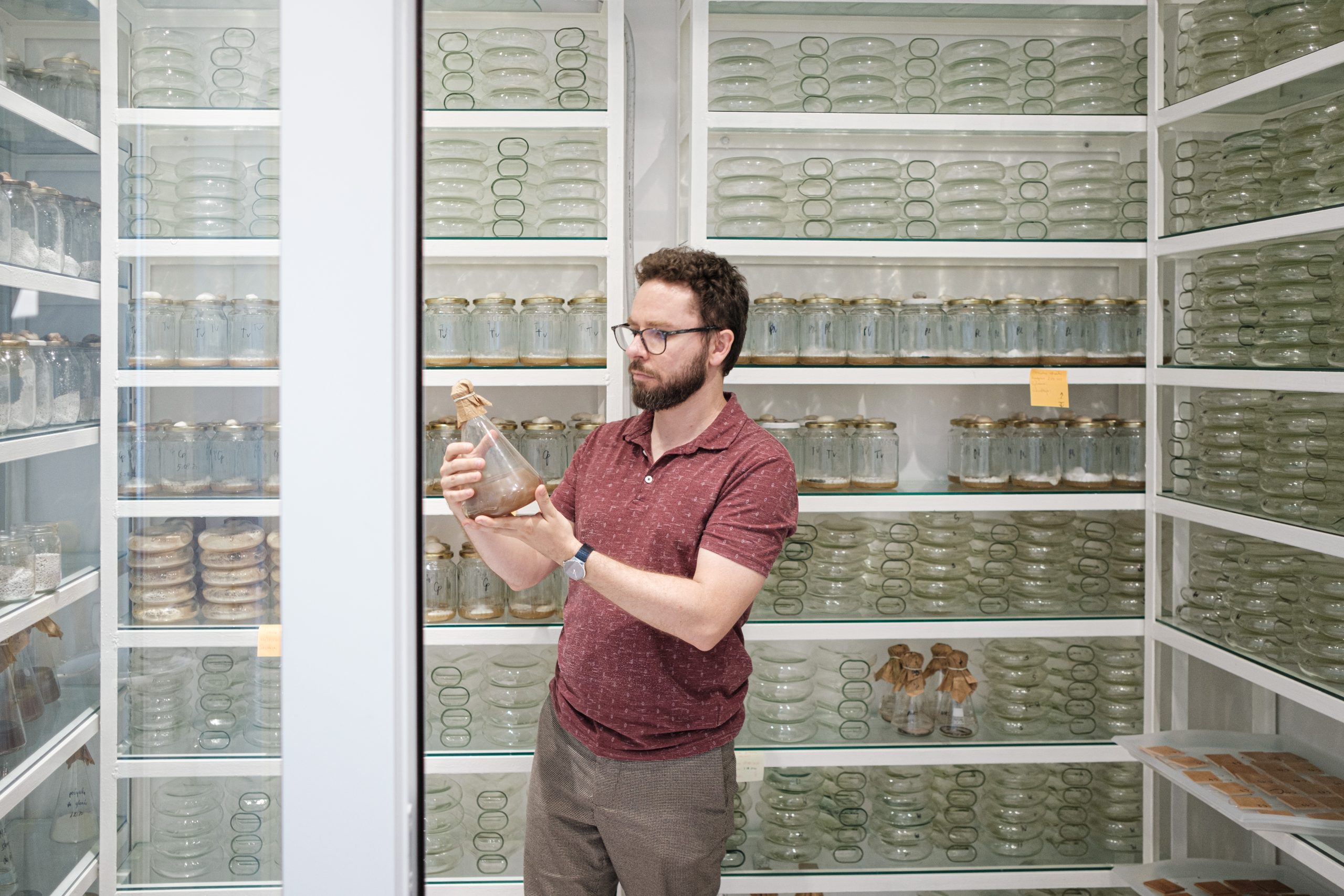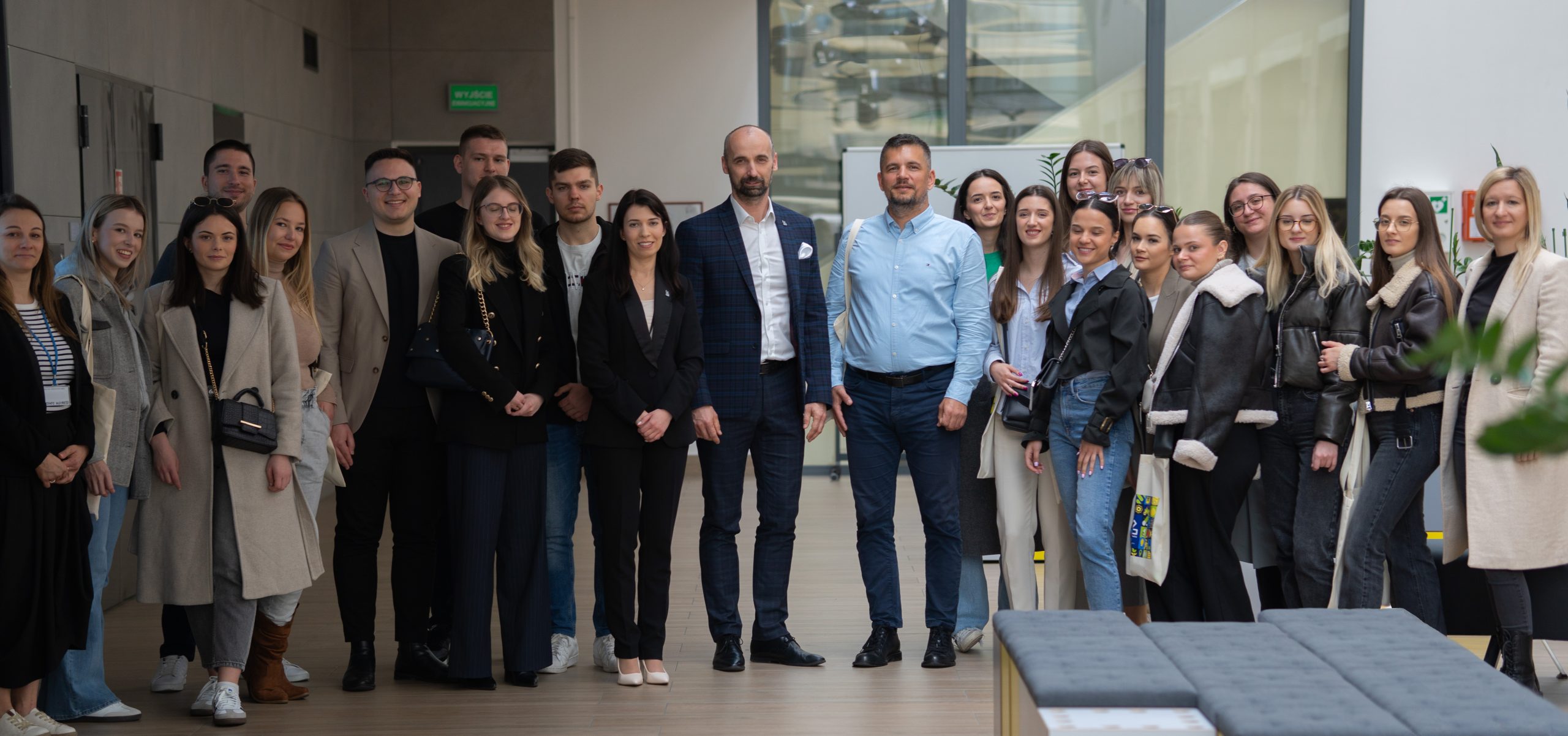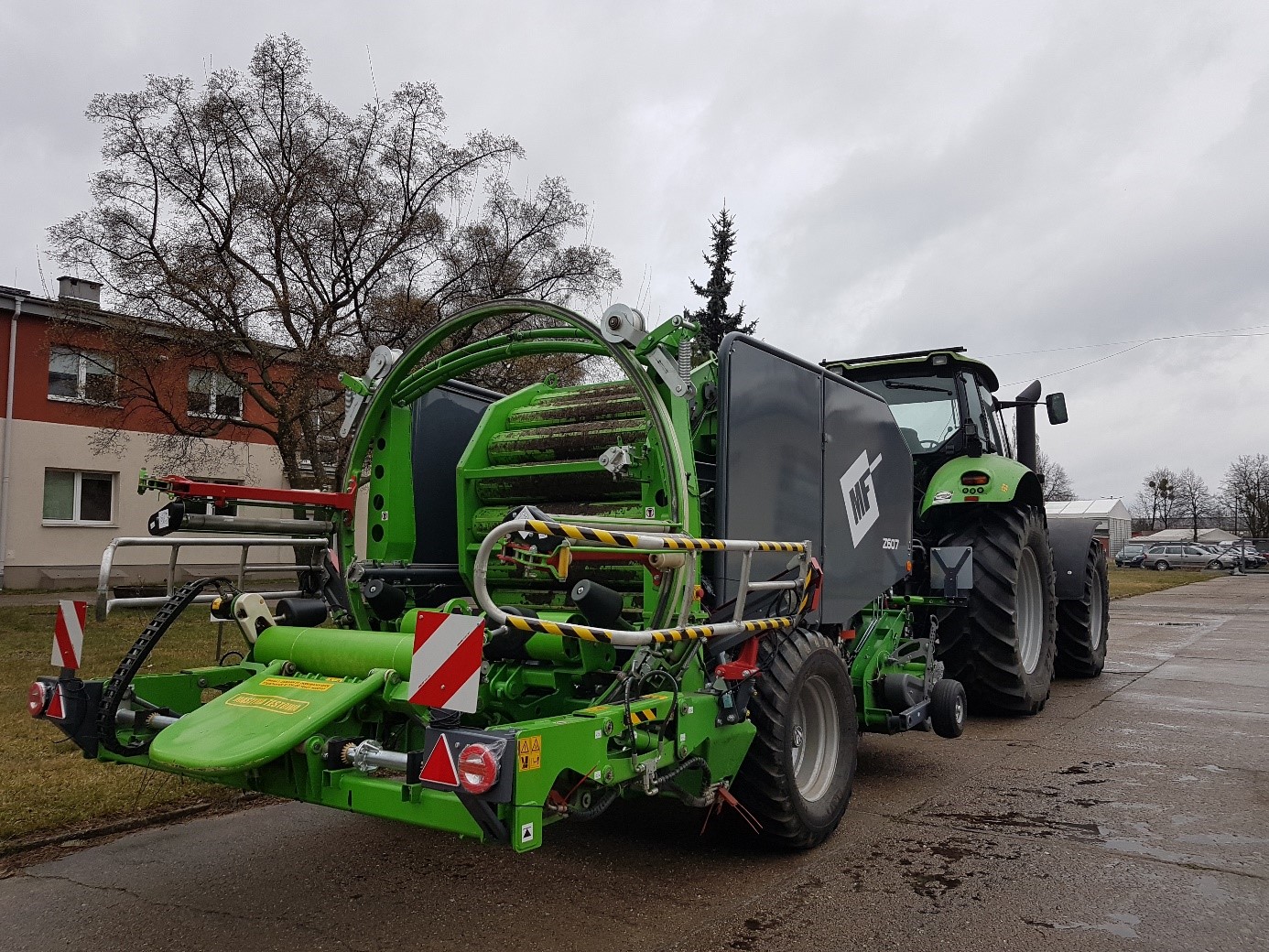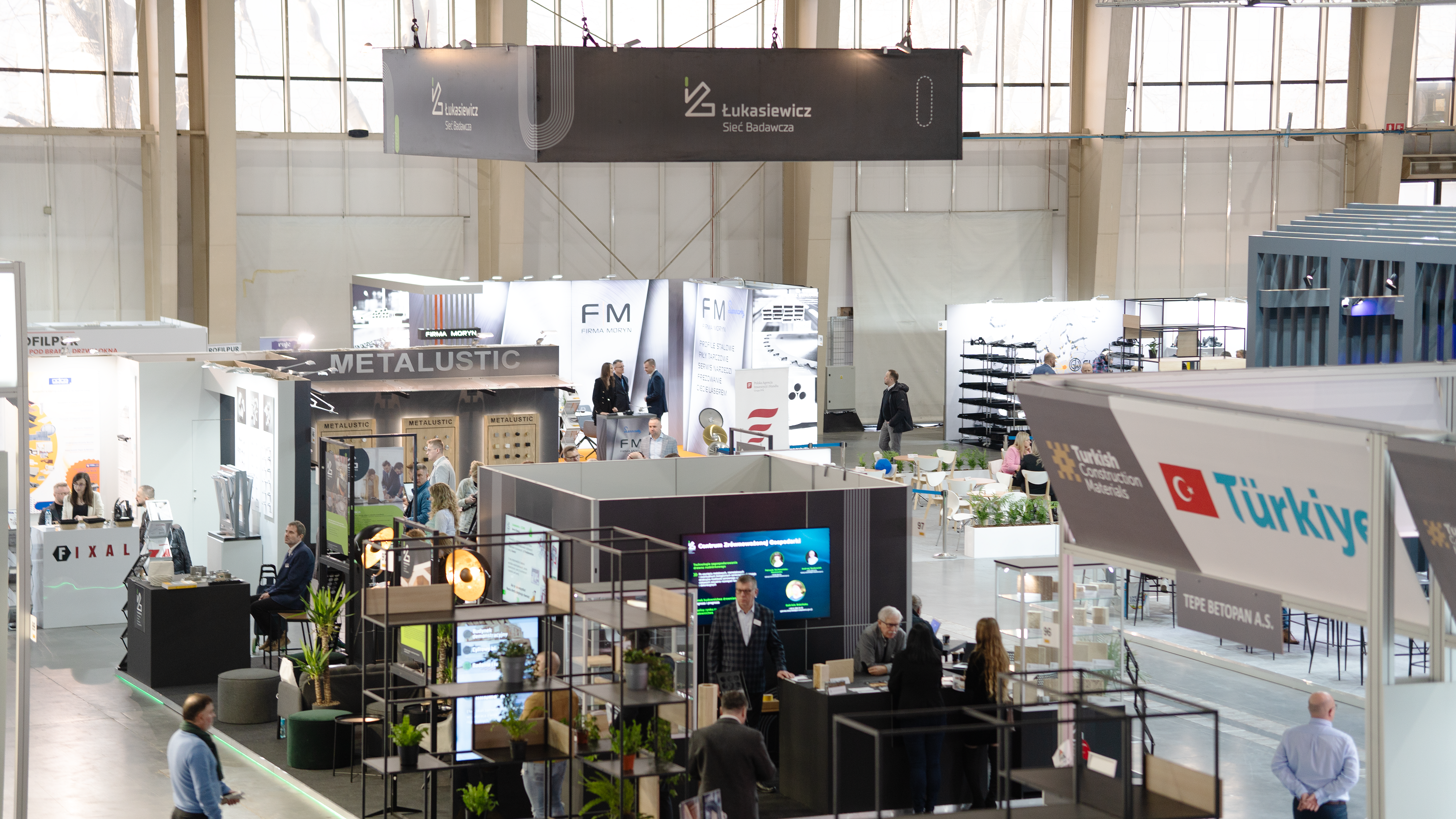Innovative recyclomat will come to market!
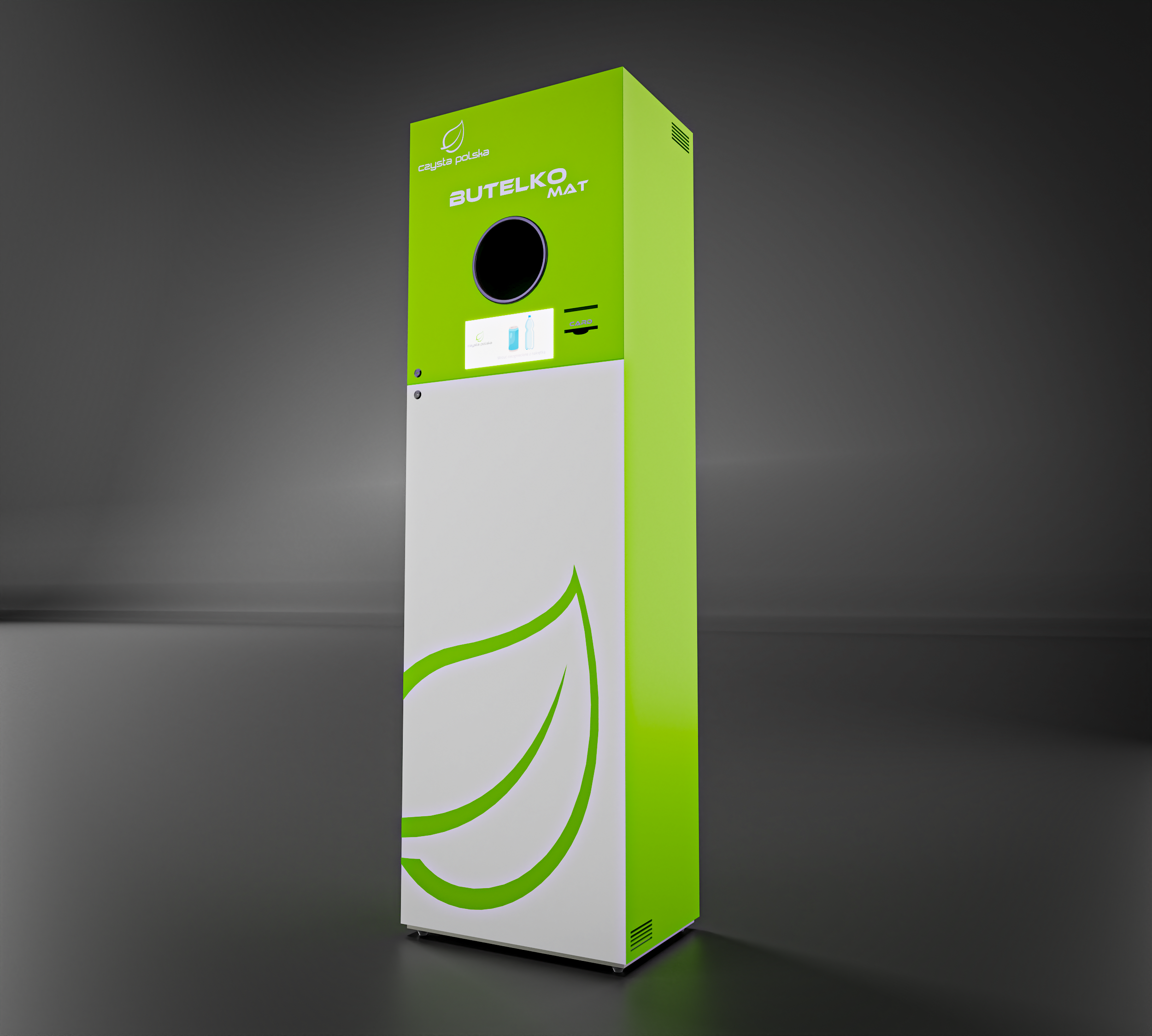
A Polish recyclomat (bottle machine) is being developed in Poznań that will return funds to your account without using a payment card. Currently, Łukasiewicz – Poznan Institute of Technology and the company Czysta Polska are looking for entities to test the device. The pilot is expected to take place during the summer.
Next year, a deposit-refund system will come into force in Poland. All shops with an area of more than 200 square metres will be obliged to accept used bottles and cans. Smaller ones may join the system, but do not have to. – The experience of European countries which have already introduced a deposit-refund system shows that the turnover of shops which do not join the deposit system may fall by up to 30 per cent. – says Paweł Skwarczowski, commercialisation director at Czysta Polska. – This is because customers usually do their shopping where they can return their bottles and cans at the same time and recover the deposit, he adds. That is why we will soon have an affordable offer for them.
Łukasiewicz – Poznań Institute of Technology and Czysta Polska are currently working on a recyclomat that can be set up anywhere. Experience from other countries shows that two things determine the success of a deposit system. These are the amount of the deposit and the convenience of the return. – We want our machines to stand where people are, i.e. at playgrounds, near schools, in town centres, recreational areas or near small shops. Wherever people consume beverages, by placing a recycling machine near them, we can influence their decision to recycle the packaging rather than throw it in the bin,‘ explains Tomasz Markowski, head of the Electronic Devices Research Group at Łukasiewicz – Poznań Institute of Technology.
The recycling machine being developed in Poznań is intended to be universal. It will be able to be programmed according to the customer’s wishes – whether it is a large chain of shops or several smaller shops located in a smaller town. It will offer all options for refunding customers the deposit paid at the time of purchase – from returning it to the payment card, to the traditional receipt with which the customer goes to the shop checkout. A new and unique solution is to be able to return the deposit to the customer’s account without the need to provide the account number or carry the card. This is an innovative solution developed by Łukasiewicz – Poznań Institute of Technology.
– We are creating an algorithm that will allow us to encode any bank account number with a few words. Very figuratively, it will look like this: when you return a bottle at the recycling machine, all you have to do is say, for example, a string of three specific words and the deposit will automatically be credited to your account, without you having to enter any other data or, for example, hold up your card or phone. When we go out to dispose of our rubbish or are on the beach, we do not have our phone or wallet with us, so this system should work as simply as possible for the recipient,’ explains Tomasz Markowski. – The mechanism that will allow us to encode the account number will be available on our website, but we can also pass it on to the banks, which will make it available in their applications, he adds.
The first dozen or so recycling machines will undergo tests in June this year. Shops or municipalities interested in testing the device are asked to contact Czysta Polska (pskwarczowski@recyklomaty.com) tel. 665002759.
The deposit system, which will come into force on 1 January 2025, will cover plastic bottles up to 3 litres, glass bottles up to 1.5 litres and metal cans up to 1 litre. When buying such packaging, the customers will pay a surcharge of 50 gr. The money will be refunded to them when they return the bottle or can at the collection point.
The introduction of the system is related to the implementation of the EU’s SUP (single-use plastic) directive. It aims to ensure separate collection of packaging waste from single-use plastic beverage bottles of up to 3 litres (including their caps and lids) at a rate of 77 per cent by 2025 and 90 per cent by 2029. Currently, a large proportion of this waste is collected together with other municipal waste.
